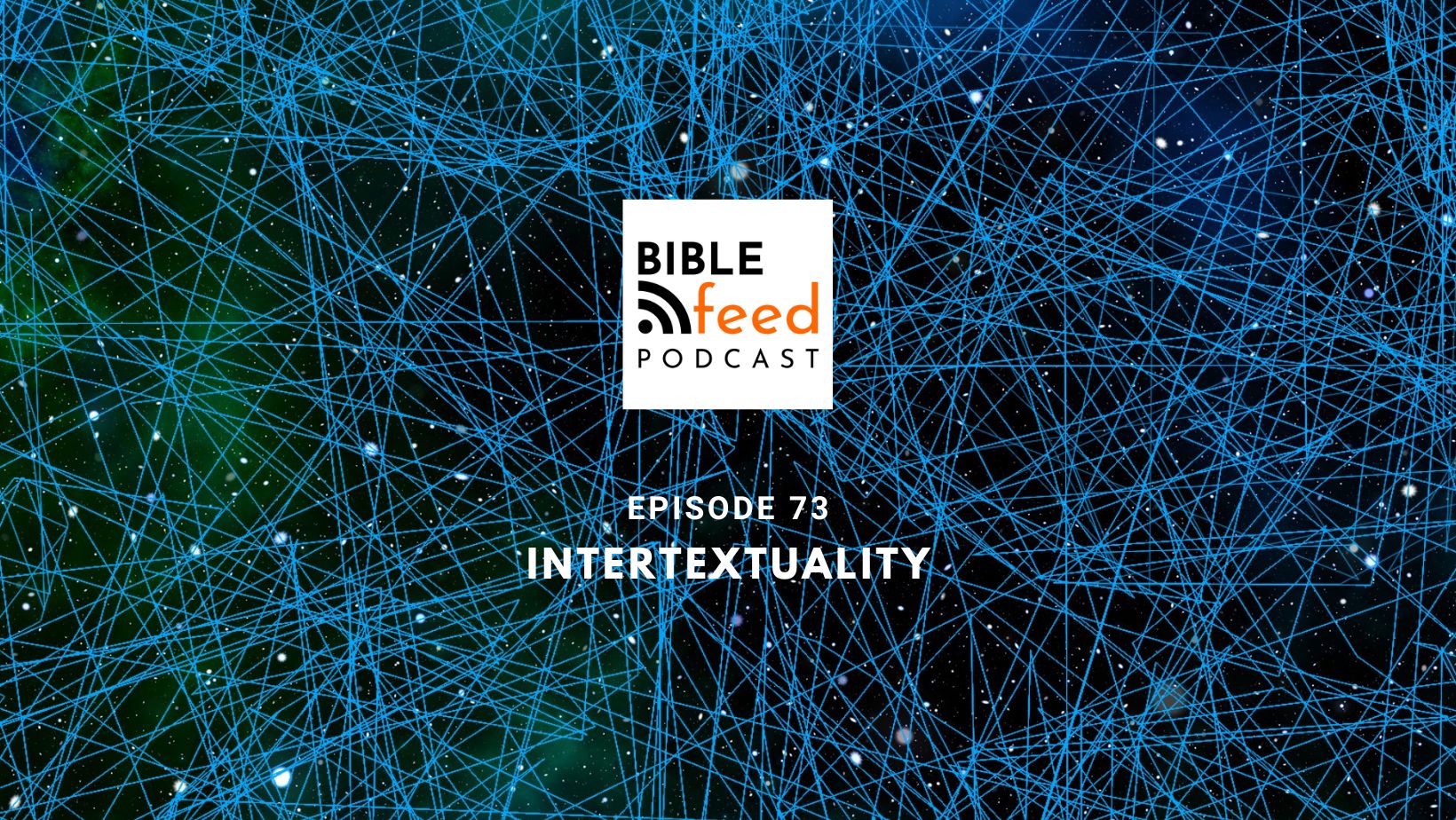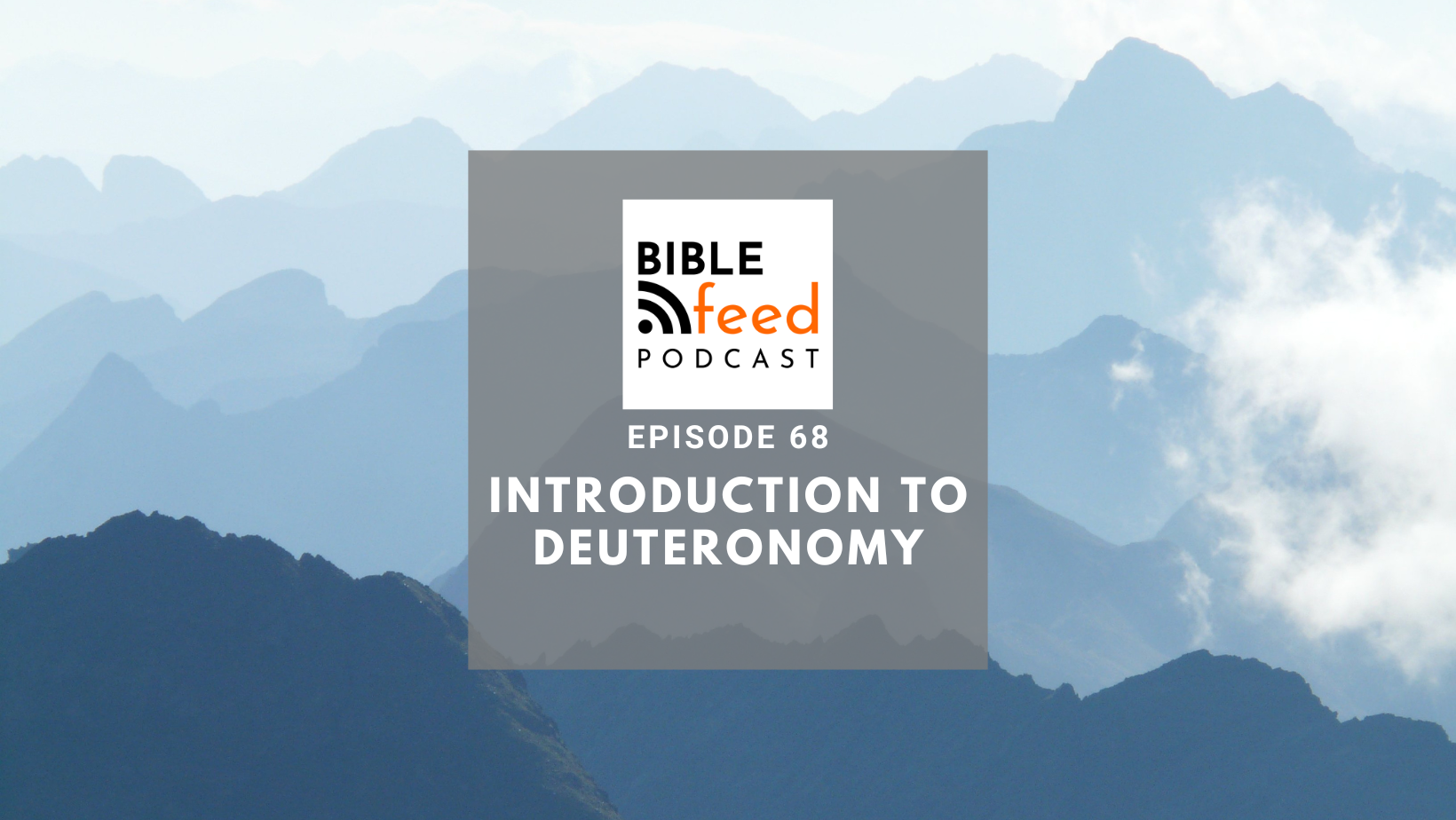Paul and Dan talk about "intertextuality" - basically, how the meaning of a text is influenced by references to other texts. The Bible (not surprisingly) is full of links between its 66 books. But how far can we take this? Can we go too far and see patterns where there are none (like seeing the face of Jesus in a slice of toast)?!
In this episode, we finish our series on the 5 books of Moses, the Torah, by looking at Deuteronomy. We find that this book acts as a stage-setter, defining how leaders of this ancient people will be described for the next 600 years. Remarkably, Deuteronomy also makes a surprise appearance at the end of that history, just before Israel were exiled to Babylon.
In the dead of night, in the middle of the sea of Galilee under a ferocious storm, Jesus appears walking on the waves towards his disciples. He calms the sea and the boat is immediately at land and safety. It's no wonder that the disciples were amazed at this. What did this mean? If Jesus could control creation by walking on the raging sea, does that make him divine? Does walking on water show that Jesus is God?
What does it mean for something to be the inspired word of God? Is it possible to explain how that happens, and if we can't, what certainty can we have about divine authority behind the text of the Bible? Considering these questions leads us to realise how important it is to treat the text with respect and be responsible and humble in how we draw out our interpretations of God's word.
The book of Exodus starts with a great story about how the Israelites escaped from Egypt. There's high action, drama, goodies and baddies… and then intricate detail about how to construct a large tent. Why is that included and how does it fit into the overall narrative?




